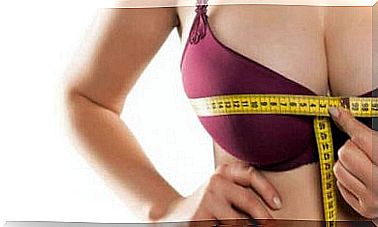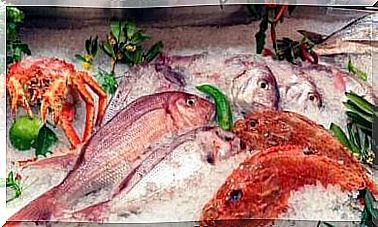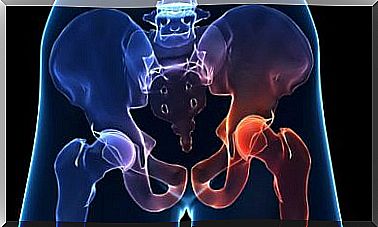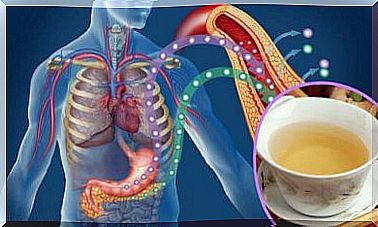Change 5 Factors In Your Diet After 40

Are you about to turn 40? Are you worried about making significant changes in your life after your 40s?
Age should not be an obstacle or a motive for taking care of your body. The reason for this is that you should always take care of yourself. But when you turn forty, you need to make some changes in your diet.
Because after your 40s it is not only more difficult to lose weight. You may also start to experience certain health problems that you need to keep under control.
In this article, we’ve compiled a list of the things you need to change for you. (Don’t worry: they’re simple changes!)
1. Increase Your Calcium Intake
After the age of 40, the production of estrogen decreases. As a result, your bones will have a harder time absorbing calcium from food.
The problem is that this increases your risk of osteoporosis and fractures. That could have consequences in the future.
The ideal scenario is that you take in about 1,000 milligrams of calcium each day.
Here are some possible foods:
- Cheese: This food contains between 470 and 850 milligrams of calcium per 100 gram piece (depending on the type of cheese).
- Almonds: This type of nut provides 250 milligrams of calcium per 100 grams. It is important that you do not overdo it when eating almonds. Because they contain a lot of carbohydrates and fats.
- Yogurt: 100 grams of yogurt gives you between 127 and 180 milligrams of calcium. When choosing yogurt, choose a product that contains as few sweeteners as possible. Another good alternative is to make your own yogurt at home. Because that way you will be able to make yogurt in different ways and with different flavors.
2. Eat more protein after you turn 40
When you reach the age of forty, you also need to increase your protein intake. Because as we get older, our muscle mass decreases. This means that you lose weight unintentionally and leave more room for the accumulation of fat.
Ideally, you should eat about 30 grams of protein with each meal.
Here are the best choices:
- Soy: this food contains 37 grams of protein per 100 grams. The ideal choice is to eat the bean itself. But if you don’t like it or you can’t buy it anywhere, try tofu or soy milk.
- Pine nuts: these provide you with 14 grams of protein in every 100 grams. But you should avoid eating large amounts of pine nuts in one sitting. Because they contain a lot of fats.
- Chicken: For every 100 grams of lean skinless chicken, we get 30 grams of protein. The best way to eat this is in meals with vegetables and as little fat as possible.
3. Reduce Sodium Intake
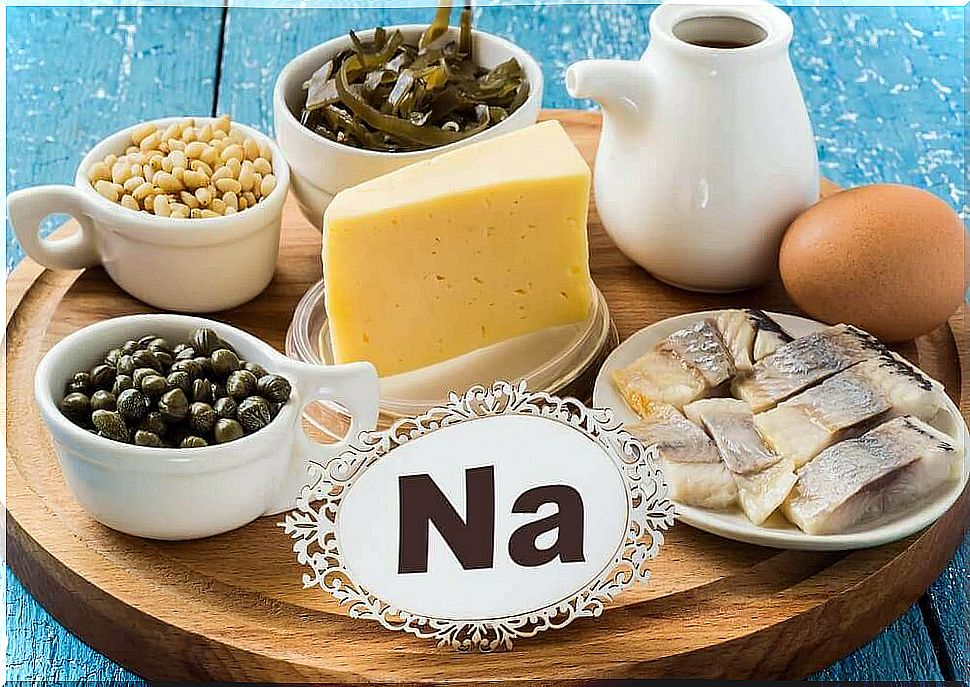
Inflammation and bloating are common problems after age 40 and during menopause. You can reduce the frequency and severity of these problems. A good idea is to eat little sodium.
The easiest way to achieve this goal is to reduce your salt intake. If you’ve already reduced your use of salt in cooking and the problem persists, check the labels of the foods you often eat.
Because the majority also contain sodium in addition to other ingredients. So you will have to look for healthier options or reduce the portions you eat.
So pay particular attention to the label with the information about the nutritional value. There you can see how much sodium the product contains per serving and how much each portion weighs.
4. Add more antioxidants to your daily diet
You have probably heard a lot about the benefits of antioxidants for the body.
After your 40s, you will begin to experience problems as a result of aging. Examples are skin problems and creaky joints.
Try adding the following foods to your daily diet to reduce these ailments:
- peppers
- Blackberries
- Broccoli
- strawberries
- Green tea
- Dark chocolate
5. Keep an eye on your vitamin B12 intake
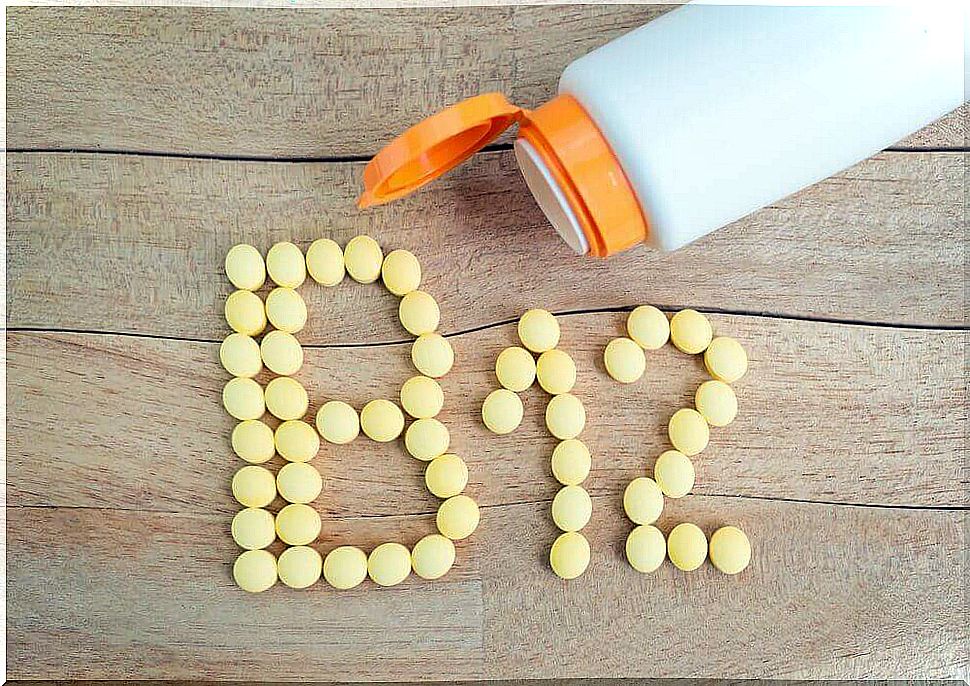
After your 40s, your body begins to experience problems with the nervous system. The production of blood cells will also experience problems. You can restore these two situations by taking enough vitamin B12.
- An adult person needs about 2.4 micrograms of this vitamin per day. You can get this component from dairy products, fish and eggs.
After your fortieth you still have to make some changes
So you shouldn’t just change your diet. It is also important that you improve your lifestyle. That way you ensure that the efforts you put in with your diet also pay off.
The main changes are:
- Change your training plan. Make adjustments that better suit the characteristics of your body. If you notice that you have joint problems, opt for less strenuous exercises.
- Have a medical check-up every six months. If you’ve always been in good health, you probably haven’t seen your doctor very often. But after your 40s it is important that you do this more often. That is to rule out the possibility of diseases developing.
- Keep moving and doing exercises as much as you can. Even a short walk or just standing and stretching count!
Have you already learned these habits or do you need to introduce some more into your life?
